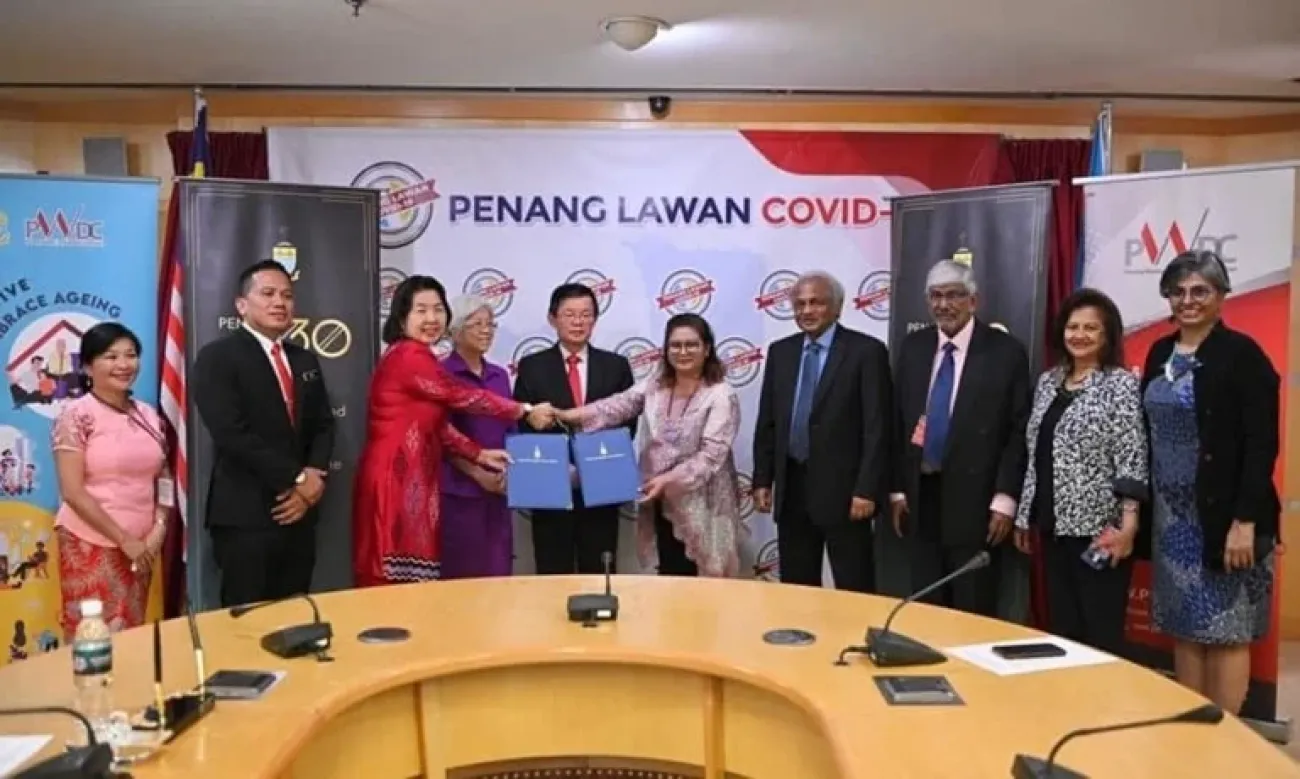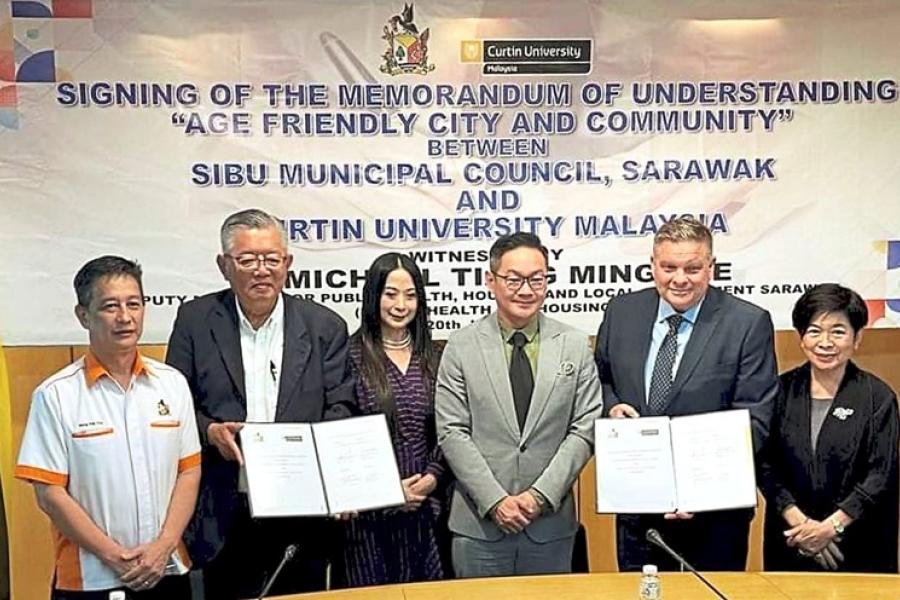Penang Island and Sibu join the WHO Age-Friendly Cities and Communities Network

Penang Island and Sibu are the third and fourth Malaysian cities to proudly embrace this transformative initiative
Two localities in Malaysia, Penang Island and Sibu, have recently been admitted to the WHO Age-Friendly Cities and Communities (AFCC) network, a global community aiming to foster age-friendly community development around the world and promote healthy ageing. Penang Island and Sibu are the third and fourth Malaysian cities to proudly embrace this transformative initiative, committed to promoting active aging and enabling senior citizens to participate fully and safely in all aspects of life with dignity and autonomy.
Both localities are eagerly working to foster age-friendly communities to create inclusive and supportive environments. Considering rapid population ageing in Malaysia, prioritizing such initiatives is crucial to ensure a bright future for the older adults. However, an age-friendly community development embraces a life-course approach and therefore not only improves the lives of older adults but helps to build a better living environment for all age groups.
Penang Island’s holistic approach to developing age-friendly spaces and services throughout the community has been key to its success. Local authorities, notably the Penang Island City Council (MBPP), have been at the forefront of this transformation. To this date, a comprehensive action plan has already been developed, addressing various aspects of urban living, such as accessibility, safety, social engagement, healthcare, and public transportation.
“Through carrying out this Age-Friendly City initiative, we aim to support our older citizens, as well as other people of all ages, ensuring that the access to services and infrastructure is more inclusive and improves the quality of life,” says Datuk A. Rajendran, Mayor of Penang Island City Council. “We are delighted to join the AFCC network and exchange knowledge and practices with other cities and communities within and outside Malaysia”.
Another city which is leading the development of age-friendly environments is Sibu, the first city in Sarawak to join the AFCC network. Sibu Municipal Council (SMC) has initiated the process of engaging the key community stakeholders, developing relevant policies, and organizing community programmes to align with the mission of the AFCC, all while working closely with older persons associations in Sibu and Curtin University Malaysia.

“The WHO is thrilled to have the councils of Penang Island and Sibu enter the AFCC network and serve as exemplary Malaysian cities committed to improving the quality of life for populations of all ages,” stated Dr Rabi Abeyasinghe, WHO Representative and Head of the WHO Country Office to Malaysia, Brunei Darussalam and Singapore. “We look forward to witnessing continued progress in Penang Island and Sibu to foster communities of inclusion and harmony.”
The expansion of the Malaysian AFCC network promises a bright and optimistic future, in which every senior person can flourish in a society that cherishes and supports community members of all ages. Through this journey of prioritizing inclusivity and compassion, Malaysia takes a significant step forward in redefining the way it cares for and empowers its aging population. With Penang Island and Sibu leading the way, alongside the cities of Taiping and Ipoh, we are reminded that age-friendly cities are a necessary and transformative path towards a more inclusive and harmonious society for people of all ages in Malaysia.






